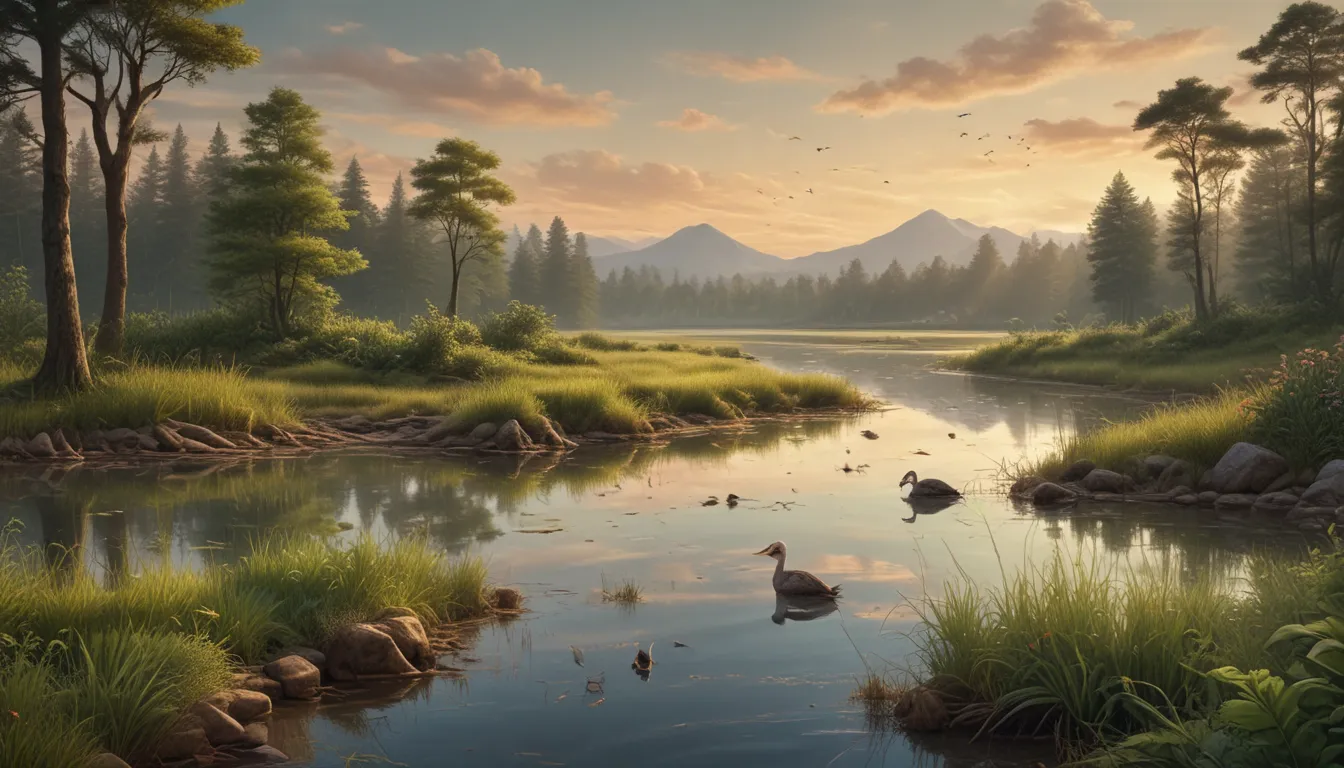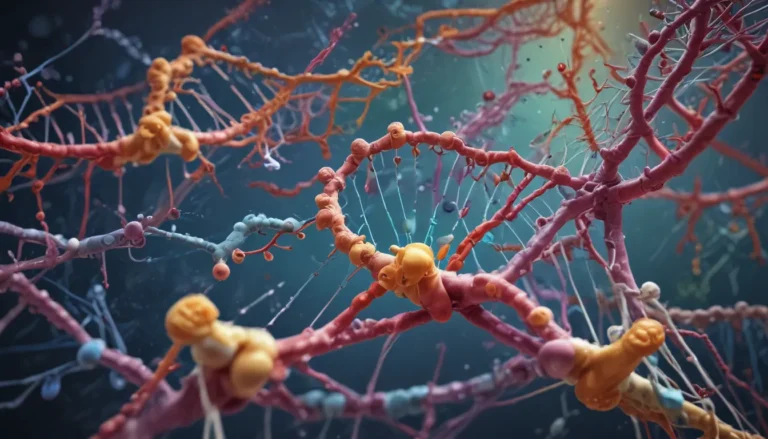A Note About Images: The images used in our articles are for illustration purposes only and may not exactly match the content. They are meant to engage readers, but the text should be relied upon for accurate information.
Wetlands are remarkable ecosystems that often go unnoticed but are crucial for the health of our planet. From providing habitats for a variety of species to filtering water and mitigating climate change, wetlands offer a wealth of benefits. In this article, we will uncover 17 unbelievable facts about wetlands that will leave you amazed. Whether you are a nature enthusiast or simply curious about the wonders of our natural world, join us on a journey through the captivating and diverse realm of wetlands.
Wetlands: Diverse and Vital Ecosystems
- Diversity in Forms: Wetlands come in various forms, from marshes and swamps to bogs and mangroves, supporting a wide range of plants and animals.
- Global Presence: Found across all continents, except Antarctica, wetlands are vital habitats for countless species and provide essential ecological functions.
The Ecological Importance of Wetlands
- Natural Filters: Wetlands act as natural filters, purifying water by trapping and absorbing pollutants, ensuring water quality.
- Climate Change Mitigation: These ecosystems store carbon, helping to reduce greenhouse gases and mitigate the impacts of climate change.
- Crucial Breeding Grounds: Many migratory bird species rely on wetlands as essential stopover points during their long journeys, making these habitats vital for their survival.
- Unique and Rare Species: Endangered species such as the Florida panther and the red-crowned crane depend on specific wetland ecosystems for their survival.
- Biological Productivity: Wetlands support a high level of biological productivity, providing food and shelter for a wide variety of species.
Wetlands: Benefits Beyond Biodiversity
- Flood Defense: Acting as a natural defense against floods, wetlands help absorb excess water during heavy rainfall, reducing the risk of flooding in surrounding areas.
- Water Cycle Regulation: Wetlands play a crucial role in regulating the flow of water, preventing droughts and excessive runoff, ensuring a sustainable water supply.
- Recreational Opportunities: Offering fantastic opportunities for activities such as bird-watching, fishing, canoeing, and nature photography.
Notable Wetlands Around the World
- The Everglades: The largest wetland in the United States, spanning over 1.5 million acres in Florida and renowned for its biodiversity.
- Cultural Significance: Many indigenous communities around the world have deep cultural connections to wetlands, considering them sacred and integral to their way of life.
- Water Storage and Recharge: Acting as natural reservoirs, wetlands store water during wet periods and release it gradually during dry seasons, maintaining water levels.
- The Pantanal: The largest tropical wetland in the world, covering an area approximately the size of Belgium and home to a diverse array of flora and fauna, including the jaguar.
The Conservation of Wetlands
- Pressing Environmental Issue: Wetland loss is a critical environmental issue due to urban development, agriculture, and drainage for land use, leading to the disappearance of valuable ecosystems.
- Nutrient Cycling: Wetlands play a vital role in nutrient cycling, breaking down organic matter and releasing nutrients back into the ecosystem to support plant growth and sustain the food web.
- Restoration and Conservation: Initiatives are underway globally to restore and protect wetlands, recognizing their importance for long-term sustainability.
Embracing the Wonder of Wetlands
In conclusion, wetlands are truly fascinating ecosystems that play crucial roles in the environment. These incredible habitats host a vast array of plant and animal species, provide essential services such as water purification and flood control, and contribute to the overall health of our planet. Delve into the captivating world of wetlands, explore their remarkable features, and appreciate their significance.
Frequently Asked Questions
- What is a wetland?: A wetland is a land area saturated or flooded with water, characterized by hydric soil and specialized vegetation adapted to wet conditions.
- Why are wetlands important?: Wetlands are essential for various reasons, acting as natural filters, habitats for diverse species, and buffers against floods and storm surges.
- Can wetlands be restored?: Yes, wetlands can be restored through various conservation efforts, such as reintroducing native plants and managing water levels.
- How can I help protect wetlands?: You can contribute to wetland conservation by supporting organizations, volunteering for restoration projects, conserving water, and raising awareness.
As you explore the wonders of wetlands and learn more about these incredible ecosystems, remember the importance of protecting and conserving them for future generations. Together, we can ensure the sustainability of wetlands and continue to marvel at the beauty and diversity of our natural world.






